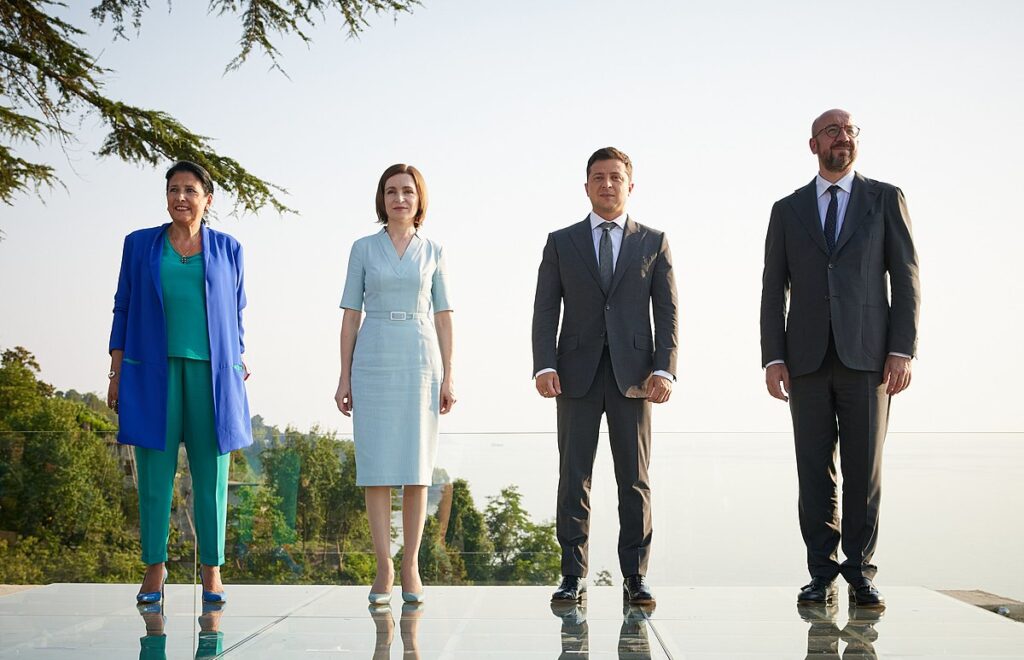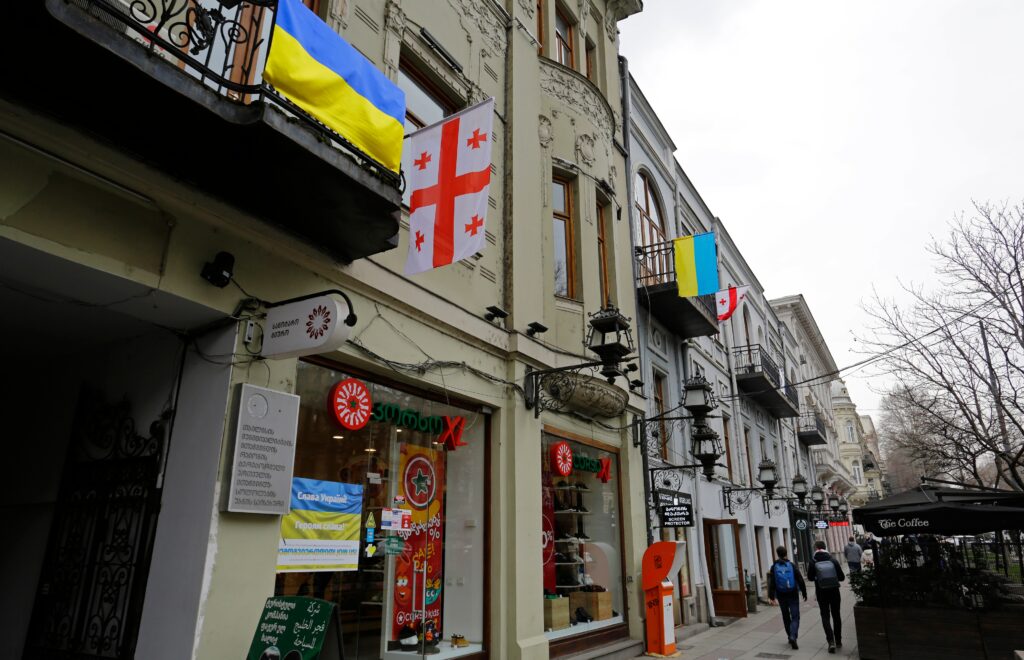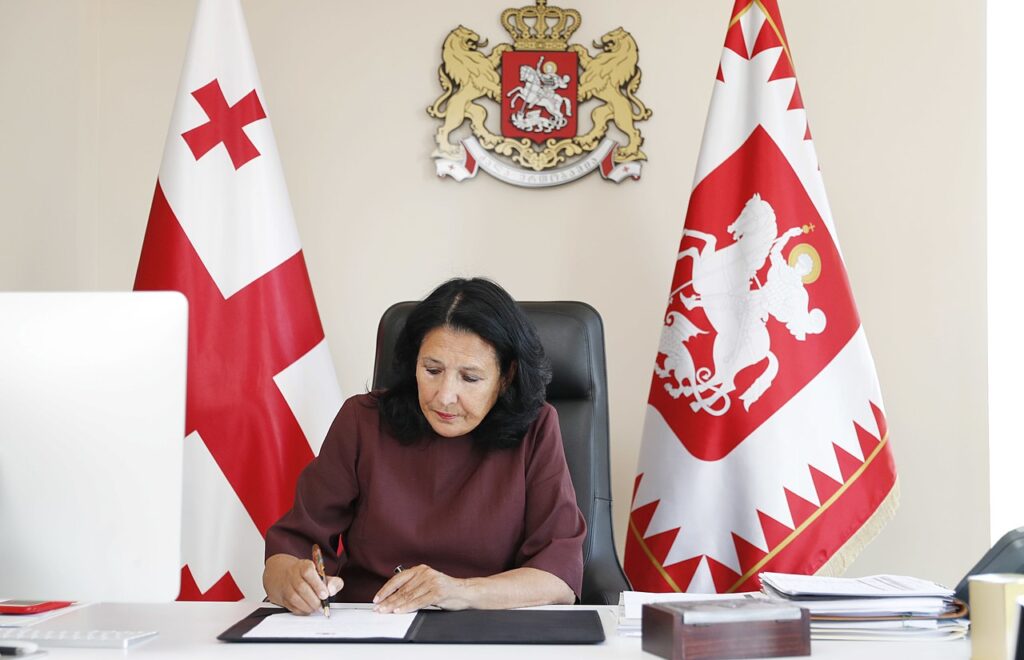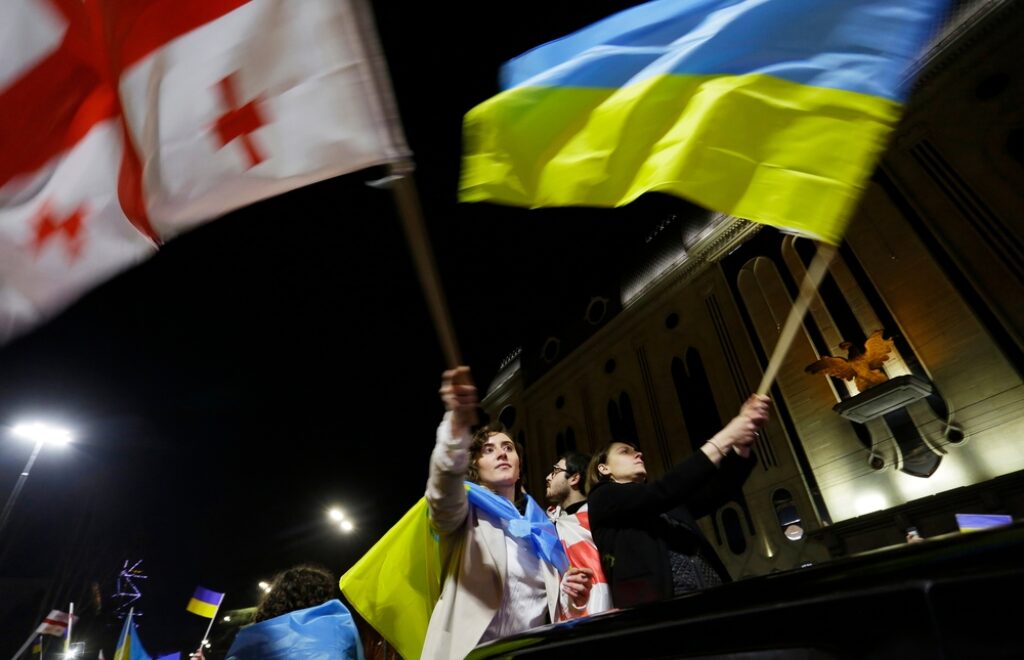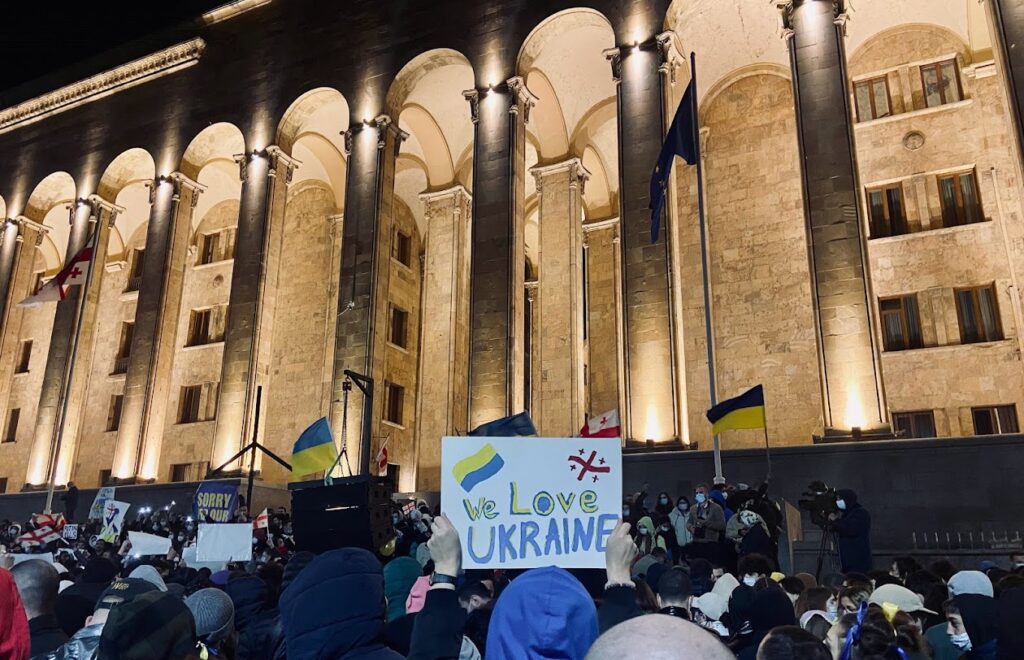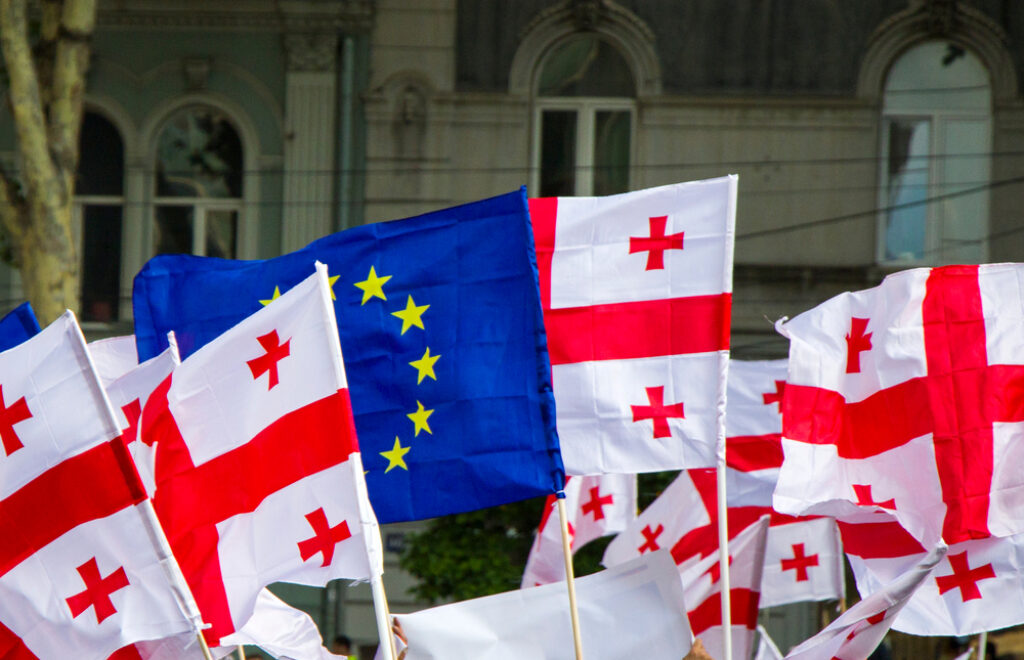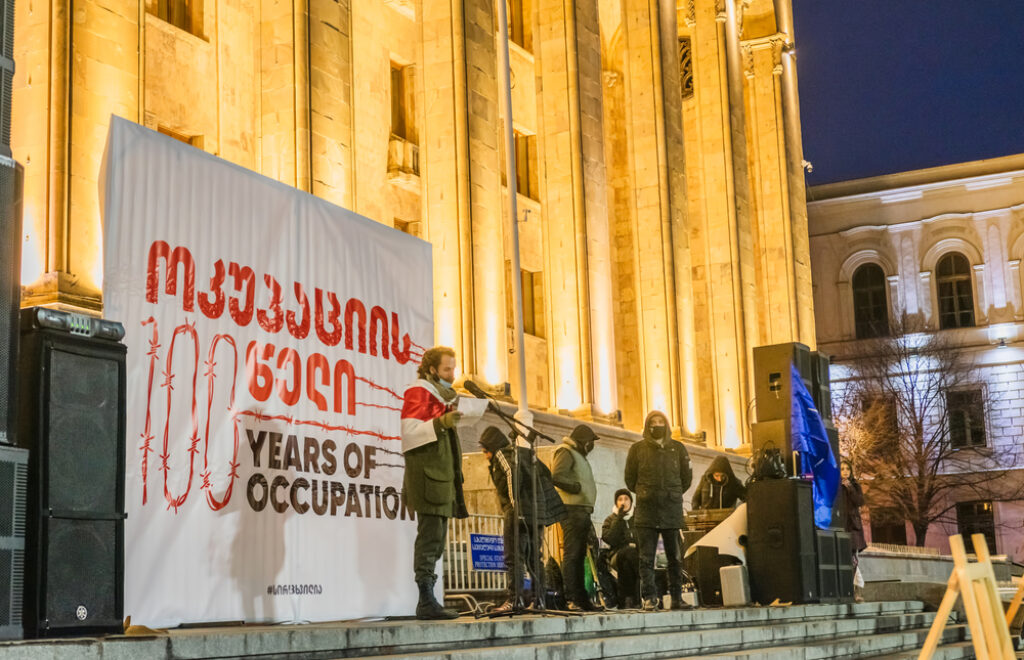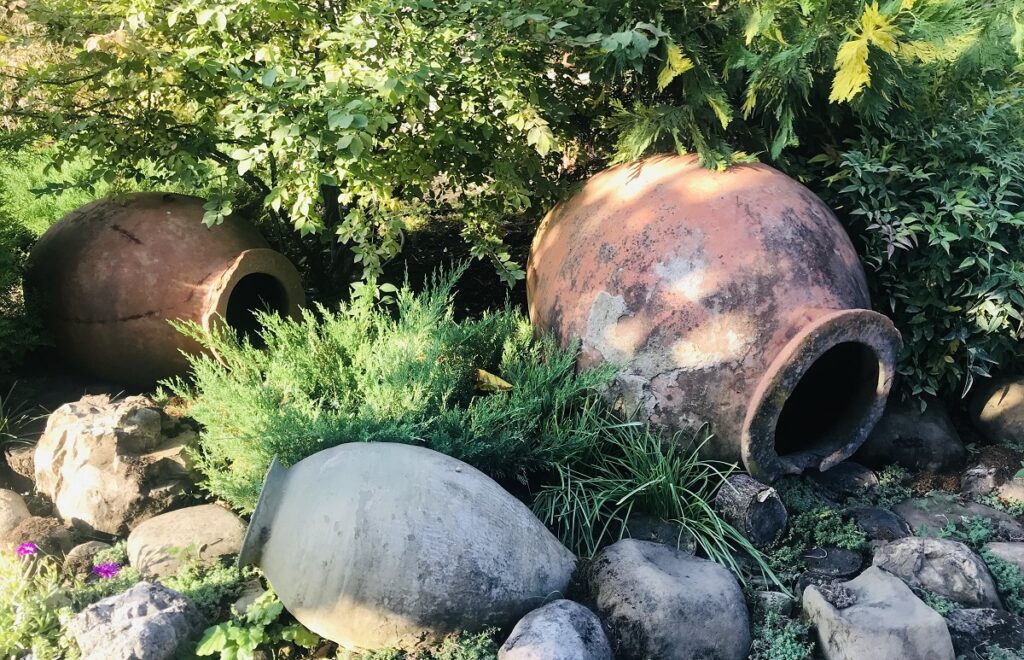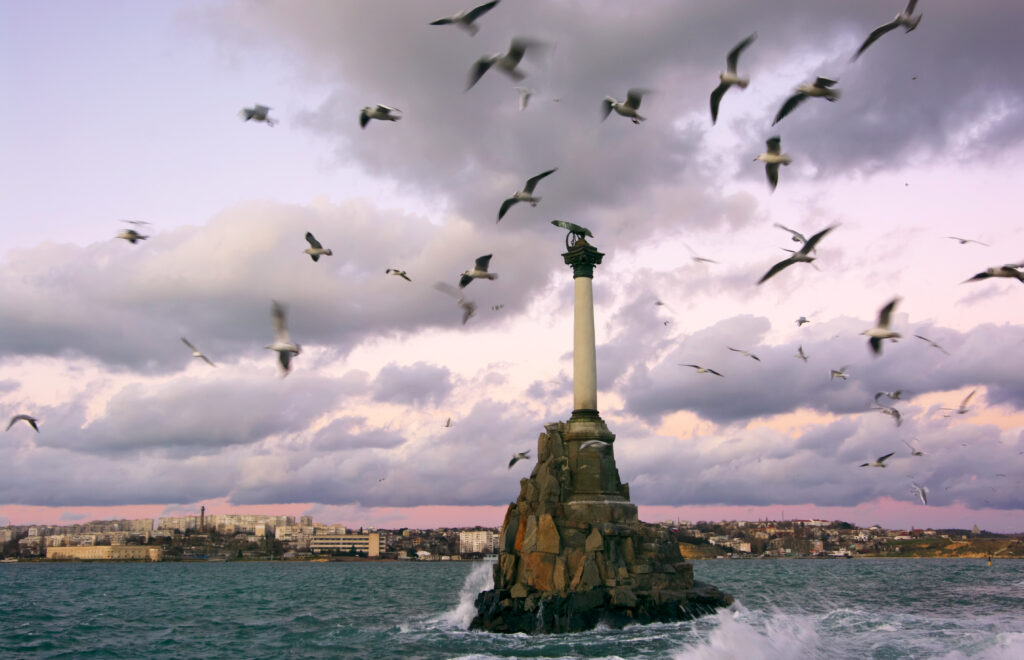Russia’s war in Ukraine: perspectives from the South Caucasus
Russia’s war in Ukraine has geopolitical implications for Europe and beyond. This includes the three South Caucasus countries, all of which are members of the European Union’s Eastern Partnership initiative. Yet, governmental and societal reactions have varied in all three countries, with the Georgian government being cornered into a strategy of “non-deterrence”, the Armenian government subordinate to Russia’s security interests, and the Azerbaijani government pursuing its balancing policy while also seeking a strategic partnership with Moscow.
April 25, 2022 - Bidzina Lebanidze Irena Gonashvili Veronika Pfeilschifter



